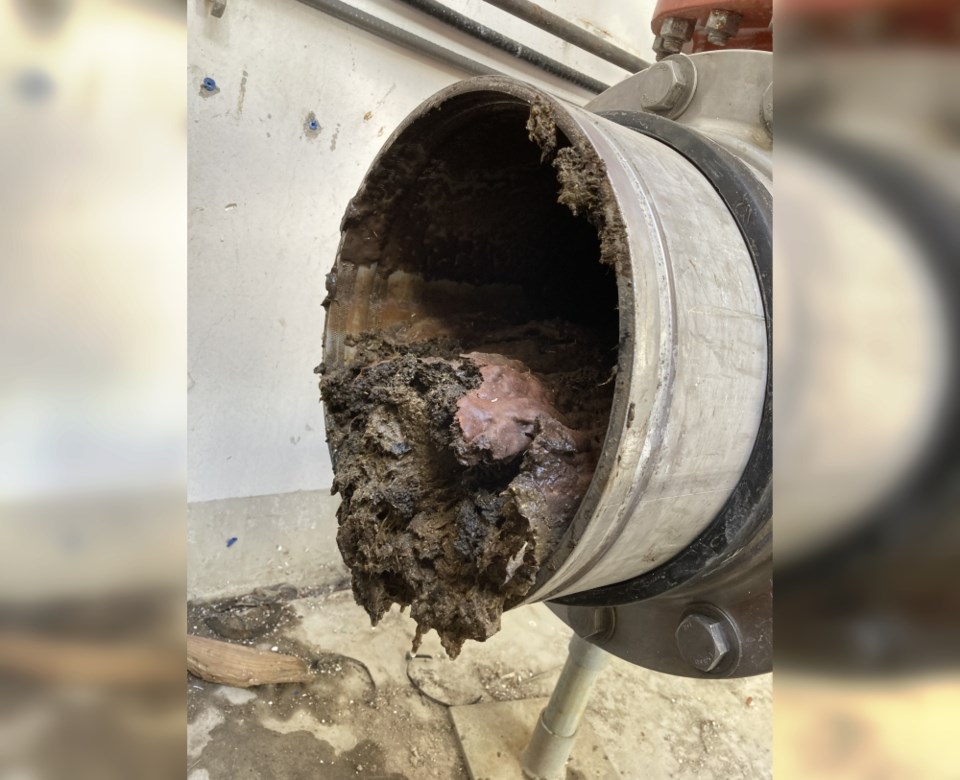Have you been pouring grease and oil down your sink? You may be part of a costly problem.
At the Dec. 7 District of Sechelt council meeting, staff reported the accumulation of FOG [fats, oil and grease] accounts for at least 80 per cent of maintenance required on local sewers — which is anticipated to cost $66,000 in 2022 alone. The main trouble points are near food sector establishments, staff identified. When the matter doesn't disintegrate, it creates a sludge that turns into a problem for the sewer system such as slow drains and backups.
Coun. Donna Bell said, “As a member of the community, I was really quite staggered by the cost” and had no idea of the impact.
Staff recommended, and council unanimously passed three readings, to amend the Public Sewer Bylaw and Bylaw Notice Enforcement Implementation Bylaw so the district can address operational flow issues with restaurants or food establishments, which will in turn bring the maintenance costs for the system down. Through in-pipe video camera inspections, looking into lateral connections to the sewer system, it is fairly obvious where there are excessive amounts of the unwanted materials, chief building official James Nyhus said.
“FOG should be removed from the cooking utensils and disposed of in the organic waste stream, but all too often it is merely washed down the drain,” the report states. “This is often the case with food sector establishments that don’t have grease interceptors installed or have not maintained their existing grease interceptors. There are recorded instances where a single business has impacted the performance of an entire sewer system.”
Kirn Dhillon, the district’s director of engineering and operations, said some larger municipalities do have programs that look at FOG output in restaurants proactively, but given district resources, it is more appropriate to leave enforcement as an observational/complaint-driven process. Once an establishment is notified that an excess of fats, oils and/or grease is being discharged into the public sewer system, the proposed amendment requires they must limit the amount to 300 mg/litre by either cleaning existing grease interceptors more regularly or connecting a grease interceptor.
Staff also recommended prohibiting the installation of in-sink garbage disposal systems, also known as garburators, in all newly-constructed buildings and kitchen renovations.
The proposed bylaw would be reactive, and enforcement would include education and seeking voluntary compliance. Fines of $250 would be issued, should they be required. The amendments would require a plumbing permit be issued, and records made available to district staff on request.
Nyhus said he is a plumber and gas fitter by trade and that operations staff have raised ongoing concerns about FOG since he began his role with the district in Feb. 2021.
When Coun. Dianne McLauchlan asked whether grease can be turned into something useful, such as how bacon grease becomes cookies in her household, Nyhus said there are opportunities such as creating biodiesel that someone could take up.
Staff were also directed to create pamphlets on grease disposal for both households and businesses, which will be posted on the district’s website.



